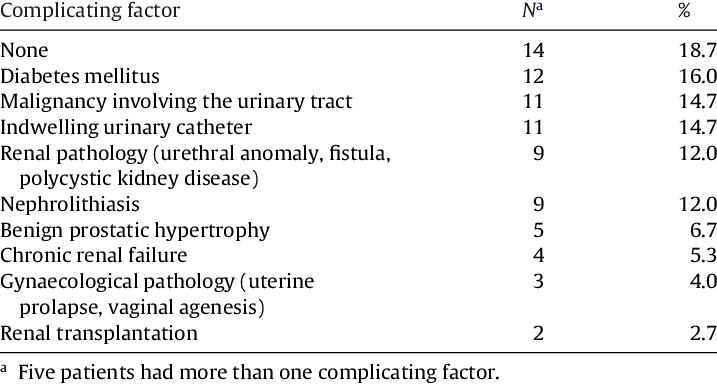
The difference between a urinary tract infection (UTI) and a bacterial infection is fairly clear. While both are caused by the same bacteria, bacterial infections cause severe discomfort to UTIs cause less pain. But which one is more often to blame? Which is more effective in stopping bacterial infection from occurring in your urinary tract?
The first thing to understand is that bacterial infections are usually caused by a number of different bacteria. This is why antibiotics can treat so many infections with one pill. What's more, antibiotics simply kill the bacteria that cause the infection. It's an easy thing to do. Medical attention is required to differentiate between different strains of bacteria because both can cause severe irritation and fever.
But there are other things to consider when deciding if bacteria are to blame. For example, UTIs often occur after sexually transmitted diseases. These types of bacteria tend to multiply rather quickly and are especially difficult to kill due to the sensitivity of the urethra.
On the other hand, a urinary tract infection usually persists for a longer period of time and can become quite serious over time. A bacterial infection can often become resistant to antibiotic treatment and is even more difficult to treat. Urinary tract infection is caused primarily by the accumulation of toxins. These toxins are usually caused by a buildup of bacteria in the urinary tract, resulting in an imbalance in the pH of the bladder, which can cause loss of control and irritation.

For this reason, you should always see your doctor if you suspect you have a urinary tract infection. If it is indeed a urinary tract infection, your doctor may prescribe a course of antibiotics to help get rid of the infection caused by the bacteria. Your doctor may also prescribe a special medicine, taken by mouth, to kill the bacteria that cause the infection. Although you may not need to see your doctor if you have a urinary tract infection, your doctor may prescribe a course of antibiotics to treat a more serious urinary tract infection.
The good news is that antibiotics are generally quite successful at killing off the bacteria that causes the infection
The bad news is that it takes up to six weeks for the antibiotic to work. So when you see a lot of white or gray urine and have a discharge, it may be possible that you are suffering from an antibiotic resistant infection. In this case, you would want to see a doctor right away to determine the root cause of your symptoms and try to get the infection treated as soon as possible.
Because bacteria is what causes the burning sensation in the bladder, it's very important to keep the urine inside of the bladder and prevent bacteria from passing through the urethra. You can do this by abstaining from sex and douching. A special type of lubricant can also help to prevent urine from leaking through the urethra. Other than this, a home remedy can be used to stop urine from leaking outside of the bladder. By washing the affected area before sex or during douching, and by keeping the urine inside of the bladder, you can keep the bacteria out of the urethra.
While there are many home remedies available, not all of them are effective. To effectively treat a bacterial infection, you may need to consult your doctor and/or pharmacist. However, if you're experiencing these symptoms, you can take the following steps to make sure you're taking the correct steps to cure your bacterial infection: avoid urinating in a tub and keep urine inside of the bladder.